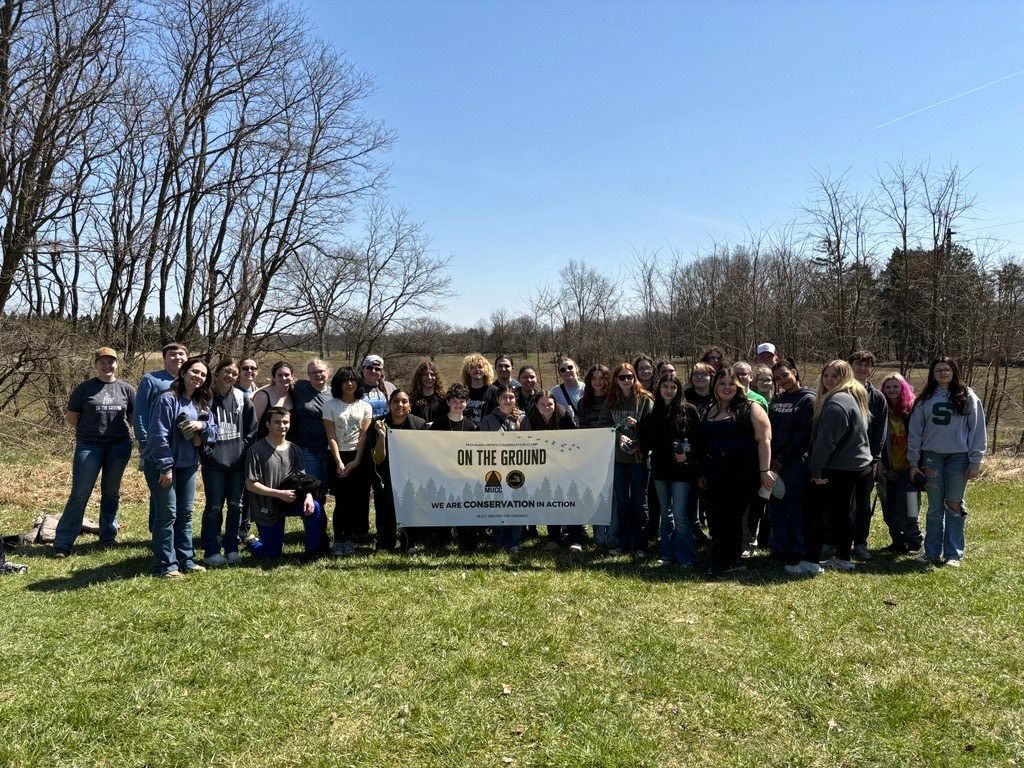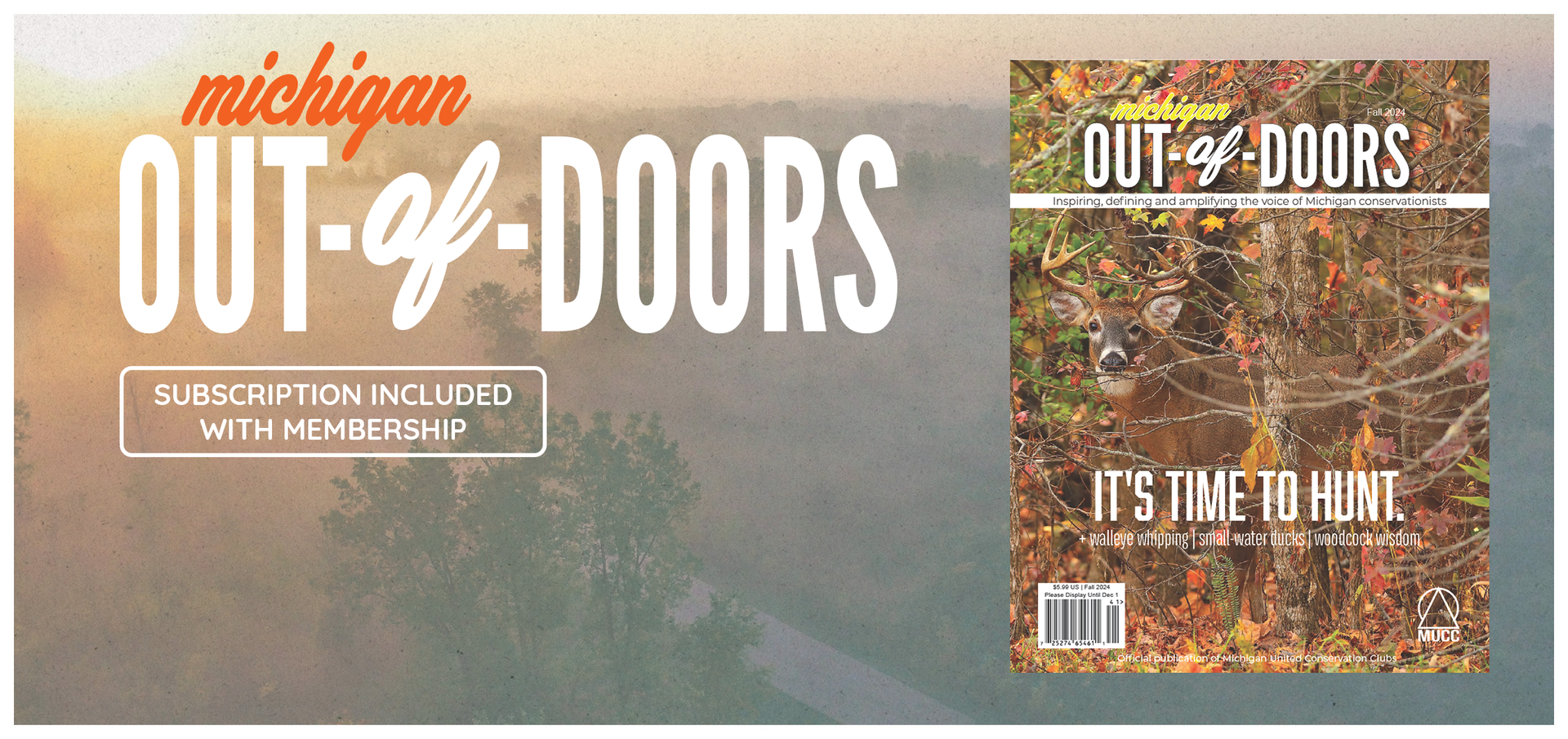
Michigan United Conservation Clubs is the largest statewide conservation organization in the nation.
Founded in 1937, our mission is to unite citizens to conserve, protect and enhance Michigan's natural resources and outdoor heritage. This mission drives everything we do as an organization.

Founded in 1937, our mission is to unite citizens to conserve, protect and enhance Michigan's Natural resources and outdoor heritage. This mission drives everything we do as an organization.
Michigan United Conservation Clubs is the largest statewide conservation organization in the nation.

Should Antler Point Restrictions be in place this hunting season?
Learn MoreProtect year Round Coyote Hunting In Michigan
Learn MoreMUCC Supports Hunter Safety Programs in Michigan
Learn More
We were founded in 1937 with a simple purpose: harness the combined strength of Michigan's outdoors community to protect conservation from politics. Since then, we have been the foremost power in Michigan protecting the rights to hunt, fish, and trap.
Advocacy
Communication
Habitat
Education


We were founded in 1937 with a simple purpose: harness the combined strength of Michigan's outdoor community to protect conservation from politics. Since then, we have been the foremost power in Michigan, protecting the rights to hunt, fish and trap.
Advocacy
Communication
Habitat
Education
Sign up for Updates
Become a Member
Your membership also makes you an active participant in Michigan's conservation community. As a member of MUCC, you can propose conservation policy resolutions that form the backbone of our efforts in Lansing. By joining MUCC, you can set the direction for hunting, fishing, trapping and conservation policy for Michigan.
Donate to MUCC Today
Help us continue to defend your rights to hunt, fish and trap in Michigan today. Your generous contribution allows us to put on our yearly summer camp for kids, restore habitat across the state, and fight anti-hunting legislation in Lansing.
Proud Partners with


MUCC Blog


MUCC Blog





